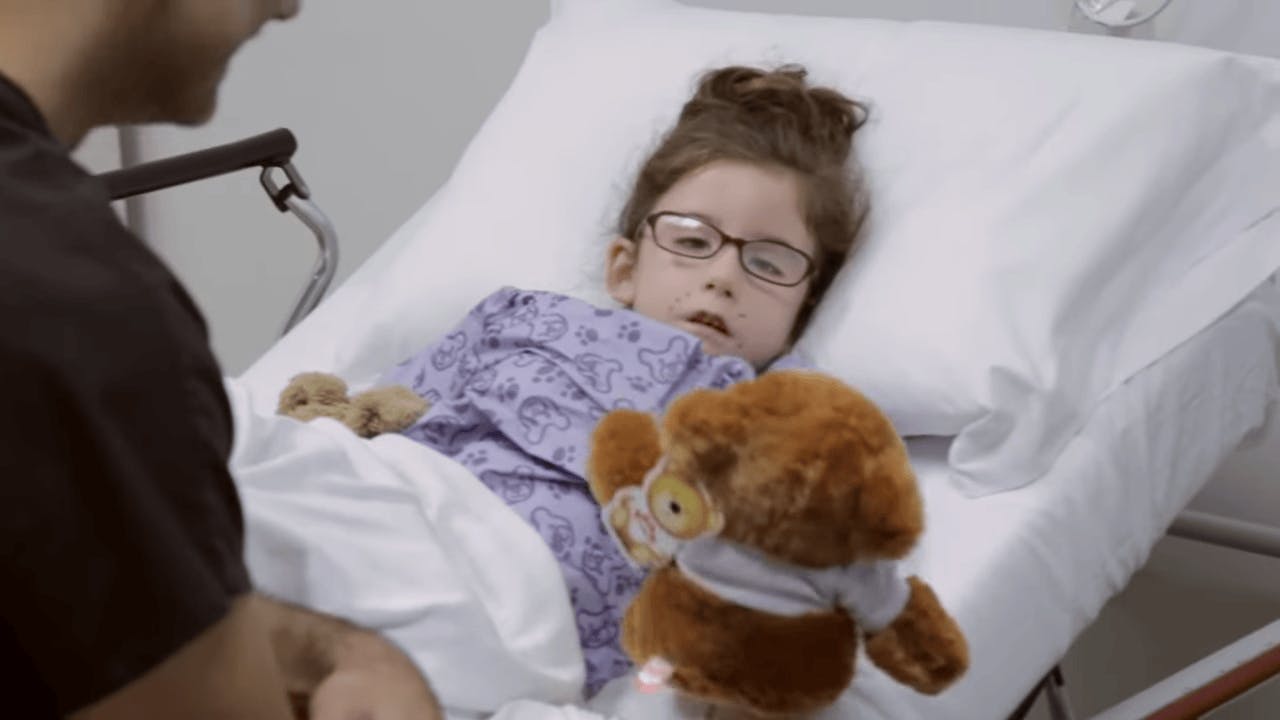Discover how treatment for Moebius Syndrome offers a path to newfound expression and confidence, transforming limitations into opportunities for a vibrant life.
Understanding Moebius Syndrome
Moebius Syndrome presents unique challenges due to its congenital nature, impacting facial expression and eye movement. It is characterized by the underdevelopment of cranial nerves VI and VII, leading to bilateral facial paralysis and limited eye movement. Despite these challenges, advancements in surgical techniques offer hope for significant improvement in facial function and overall quality of life for individuals with this condition. Individuals with Moebius Syndrome often face a range of physical and psychosocial challenges that extend beyond the characteristic facial paralysis. Understanding the complexities of this condition involves recognizing its broader impact on various aspects of an individual's life. Beyond the physical manifestations, such as facial paralysis and limited eye movement, Moebius Syndrome can profoundly affect speech, hearing, feeding, and orthopedic function. Additionally, the inability to convey facial expressions can hinder emotional development and social interaction, leading to isolation and frustration. Furthermore, the challenges faced by individuals with Moebius Syndrome highlight the importance of a comprehensive, multidisciplinary approach to management. Effective treatment requires not only addressing the physical symptoms but also providing support for emotional well-being and social integration. By addressing the diverse needs of individuals with Moebius Syndrome, we can enhance their overall quality of life and promote positive outcomes.









